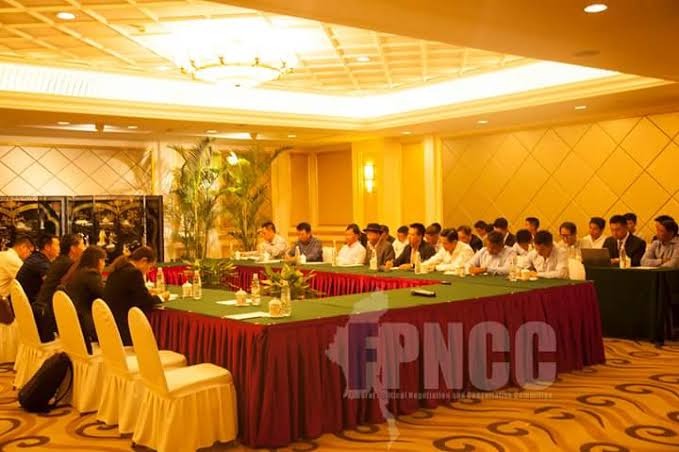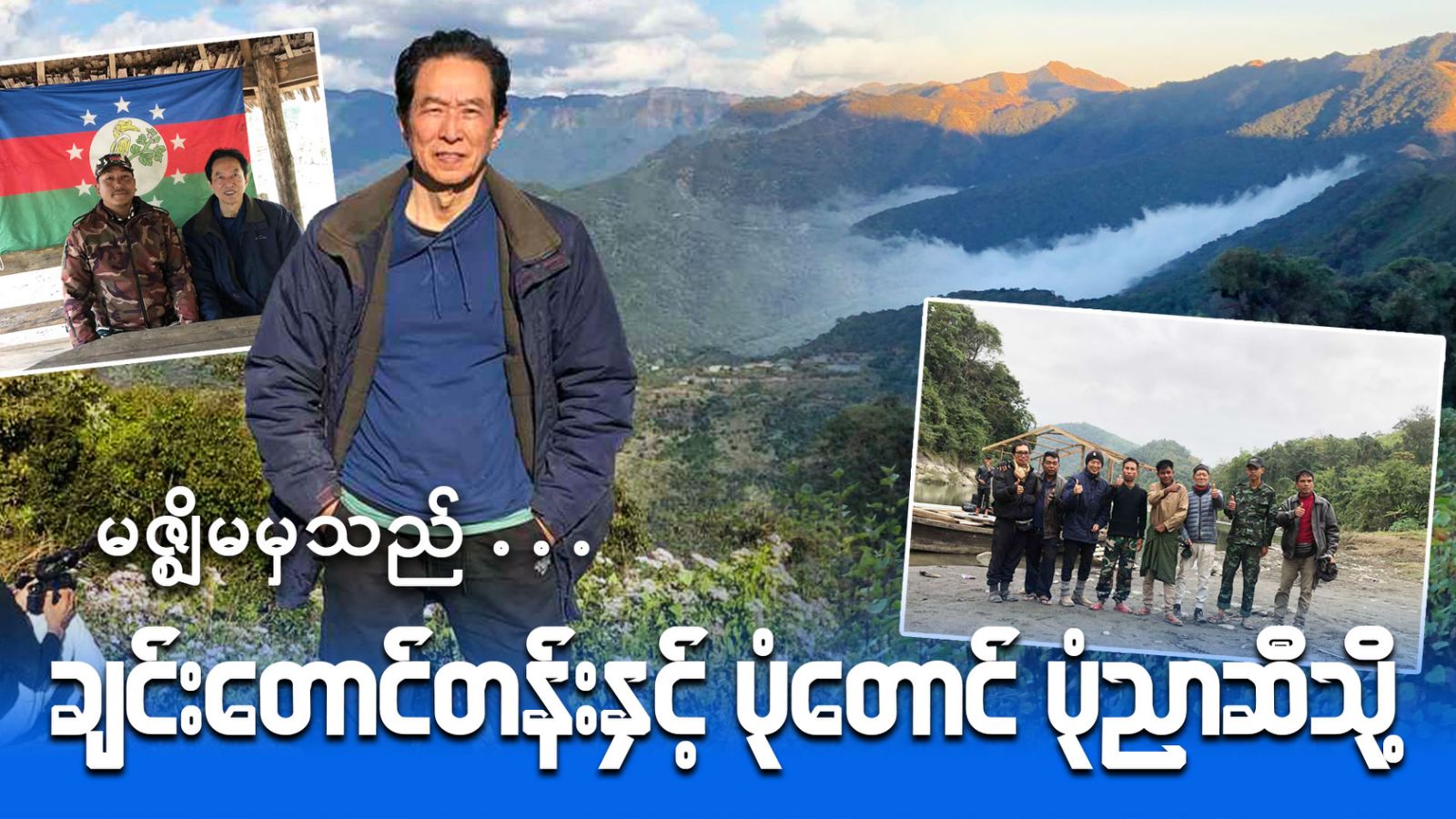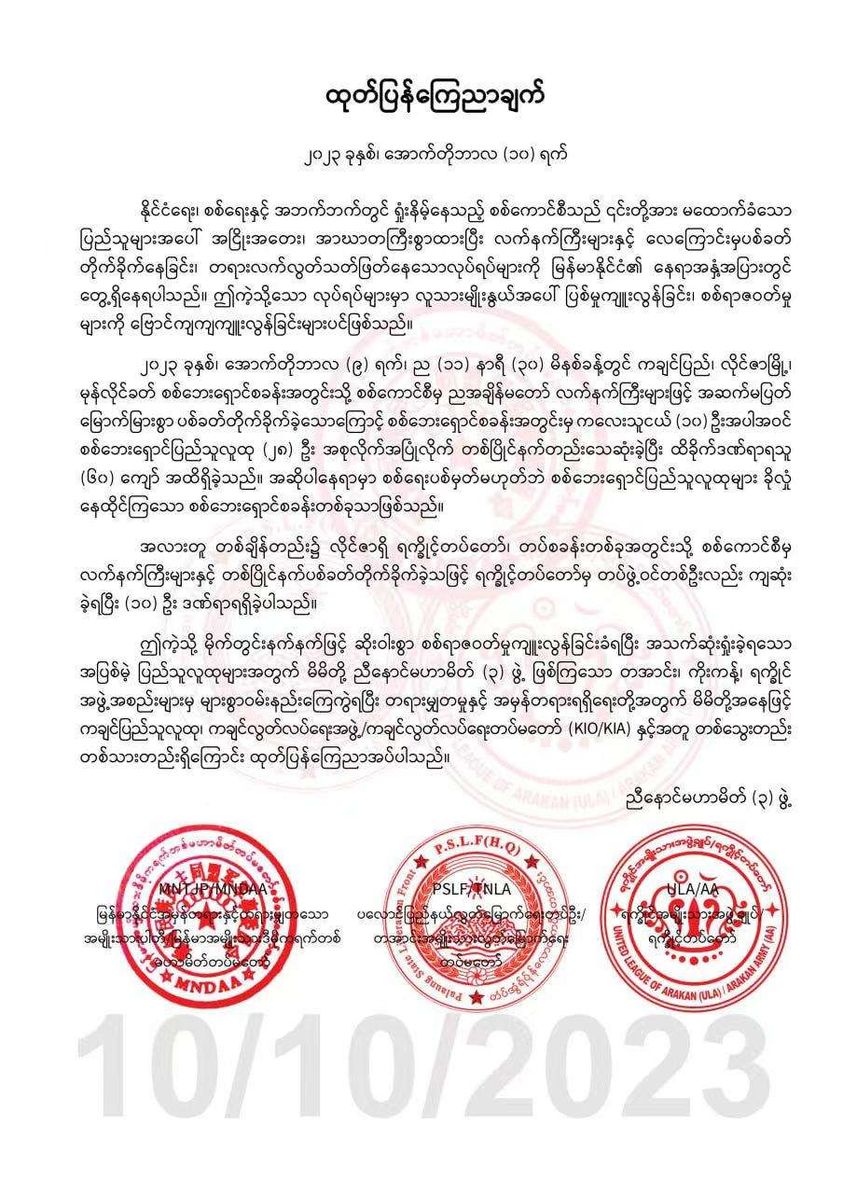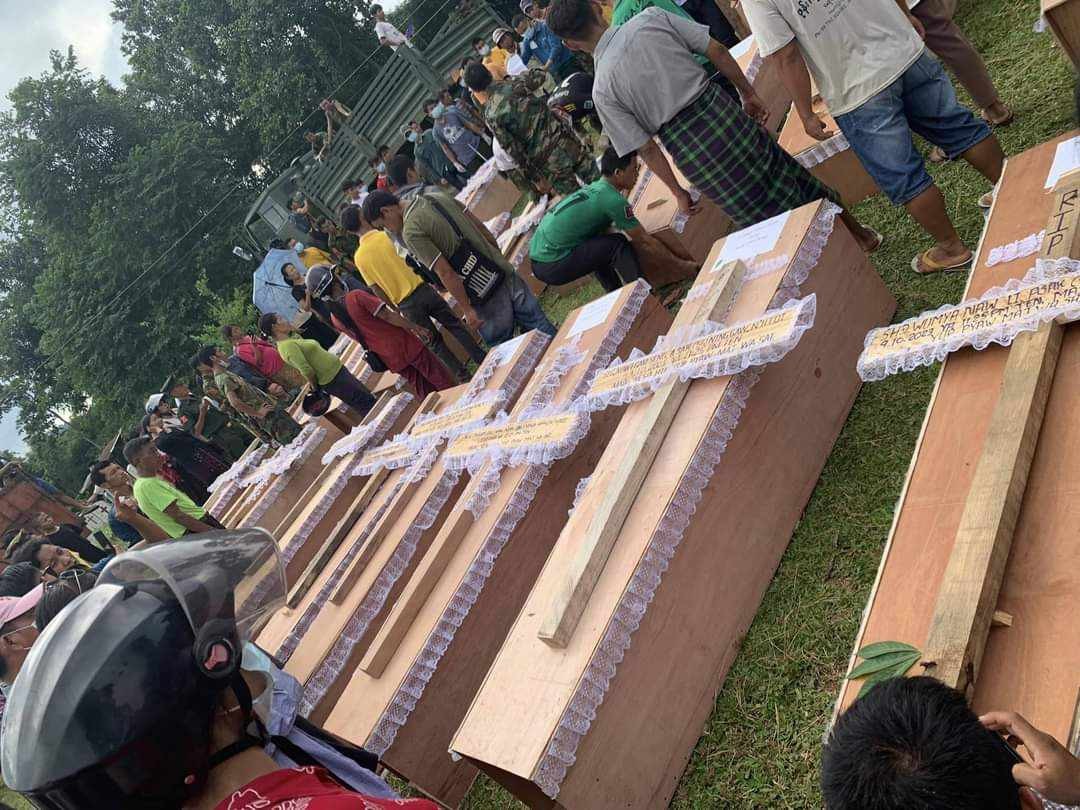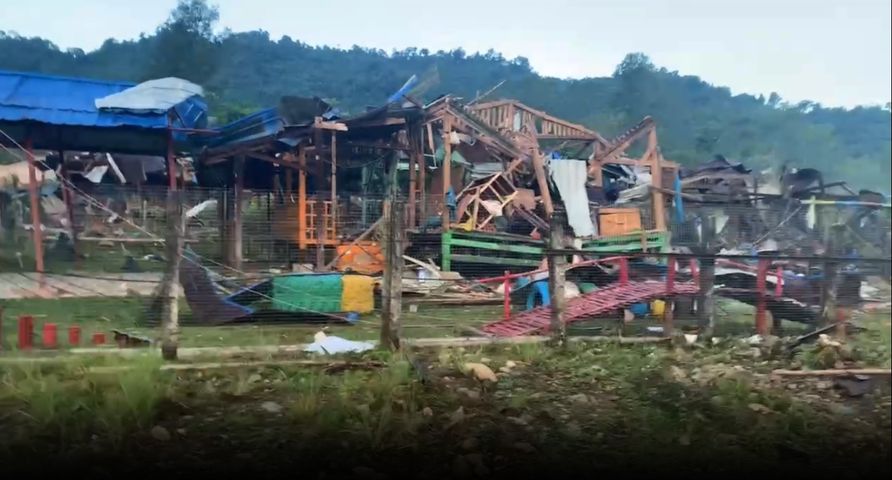The Northern Alliance, which was held a meeting for two days on March 15 and 16 in Pan San, Shan State’s at “ Wa” Autonomous Region, welcomed China’s intervention to resolve the current crisis in Myanmar with seven points statement. It also stated that it will continue to work with the Chinese government to stabilize the border region.
The meeting was attended by the Chairman of Kachin Independence Organization (KIO), General Imban La. General Tun Myat Naing , Commander-in-Chief of the Rakhine Army (AA);, Tar Aik Bong the Chairman of the Ta’ang National Liberation Army (TNLA), “ Wa” Unity Army (UWSA); Shan State Progressive Party (SSPP); Myanmar National Democratic Alliance Army (MNDAA); The leaders of the National Democratic Alliance Army (NDAA) were present. Of these seven groups, UWSA, some representatives of the NDAA and SSPP met with the peacemaking team of the Military Council in Nay Pyi Taw on January 5th.
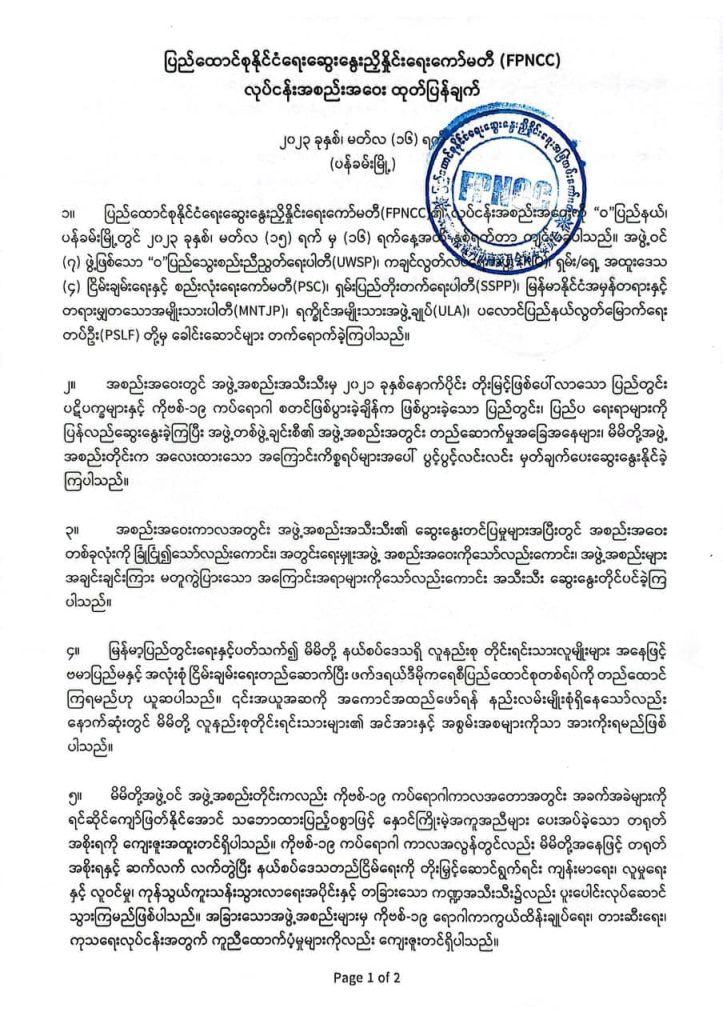
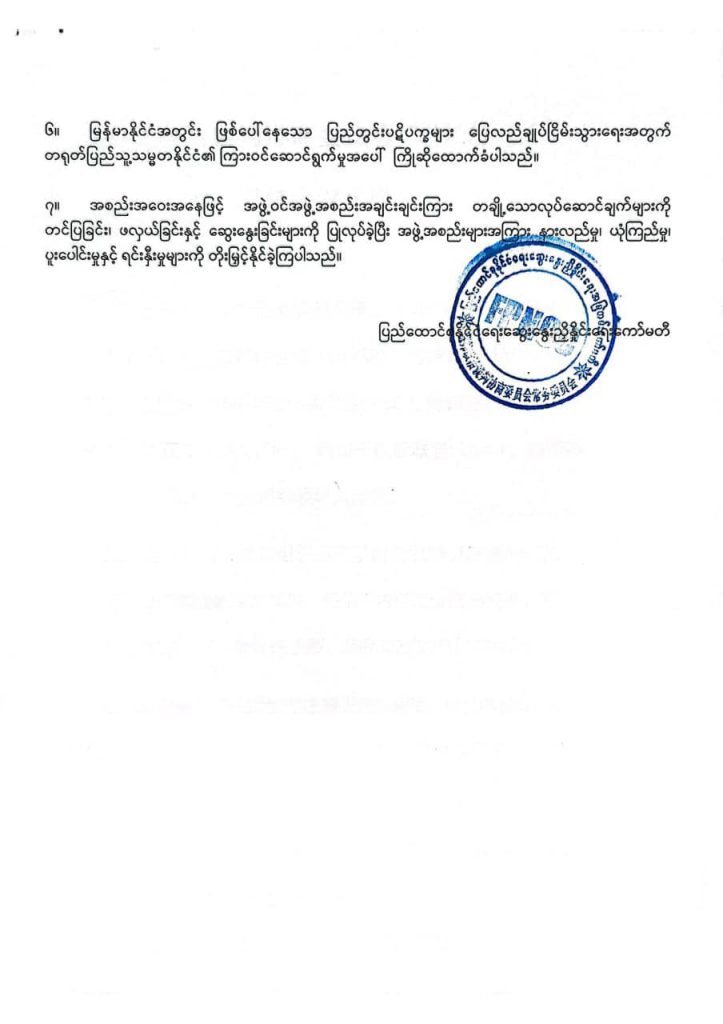
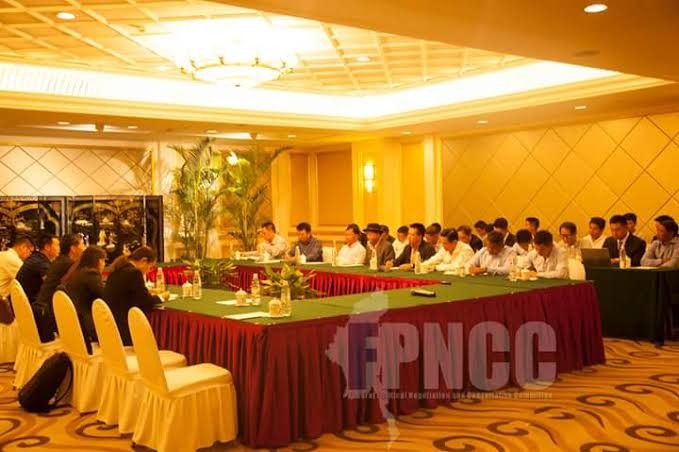
China is the main ally and arms supplier of the internationally isolated junta. China refuses to call the military council as a military dictatorship which toppled Aung San Suu Kyi’s government two years ago.
The UWSP’s army, which is around 25,000 strong, is one of the non-governmental armies. The FPNCC’s statement did not elaborate on how Beijing would welcome such involvement. He said that he will continue to cooperate with the Chinese government for the stability and development of the border regions. Many FPNCC members, however, provided shelter and weapons training to the People’s Defense Forces (PDF), which sprung up across the country to push back against the military coup.
Last year, the military council carried out an aerial attack on a concert organized by the Kachin Independence Army in northern Kachin State, killing about 50 people and injuring more than 70. Several preliminary projects of Beijing’s Belt and Road project plan to connect China’s landlocked Yunnan province to the Indian Ocean through northern Myanmar.
China’s special representative to Myanmar, Teng Shizang, who was appointed in December, met with the coup leader, General Min Aung Hlaing, at least twice, and also held talks with ethnic armed leaders of the UWSA, KIA, and NDAA in February.
Beijing’s diplomats are negotiating between Myanmar and Bangladesh for a pilot program to repatriate Rohingya refugees who fled a 2017 military crackdown. The United Nations is now also investigating the genocide. Beijing’s ambassador to Dhaka, Yao Wen, told reporters on Tuesday that the repatriations would begin soon.
Era’sEyes.


